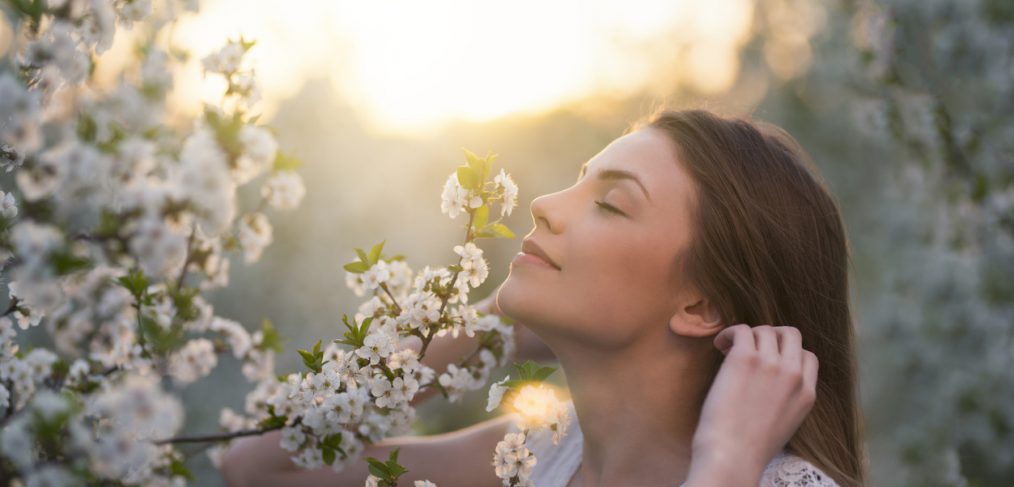
The Scent of Mindfulness—Follow your Nose
Smell is often the most undervalued sense.
For many of us, unless a scent is extremely strong, extremely pleasant, or extremely unpleasant, we don’t pay much attention to it. Even with our limited sense of smell (compared to many animals), there is a wide range of smells in the world that we can enjoy, that can provide information, and that can become another universe for us to explore.
There are many variants out there of the Five Senses Mindfulness Exercise (hereis a good example), in which the participant focuses on each of his or her five senses in turn. It’s a great exercise in mindfulness and a good starting point for being more mindful of our senses, but if we can expand this idea into our regular moment-to-moment mindfulness, it will result in whole new worlds opening up to us.
So, why focus on smell? Of all the senses, smell is one that we don’t seem to go out of our way for. Sight is the sense through which most of our interaction with the world occurs. Even if we don’t generally pay attention to our senses, we are all at least somewhat mindful of our sight out of necessity (e.g., in navigating our environments). Hearing is one we give special attention to through communication and through music. Touch is our main physical conduit to our environment—we use touch for many practical and pleasurable purposes. Taste is foremost in many people’s minds through eating and drinking.
Yes, one could argue that the sense of smell has similar points of interest—perfume, for example—but generally, I don’t believe that we are giving the sense its due.
One of the possible reasons for this is that our sense of smell is not very acute. For example, a bear can detect a carcass from twenty miles away, while we have to be almost right on top of it to notice the scent of decay. But for all our olfactory shortcomings, it is possible to improve on our abilities. We can’t make our sense of smell any better, but through increased attention to what we smell, it is possible to make it more discerning. Like many skills, we can get better through practice, and practicing means paying closer attention to the scents in our environments.
No matter where we are or what we’re doing, we’re surrounded by scents that we can notice and try to identify. Going for a walk in the woods, for example, we’re surrounded by scents—of leaves, flowers, animals. It can be fun and instructive to focus on the different smells and try to identify what they are. We can begin to build up a library of smells we know, and we can draw from that knowledge to better inform us about our environments and make all of our experiences more enjoyable.
Honing our sense of smell can also make many of our activities more enjoyable. For example, taste and smell are directly intertwined. The flavor of a food or drink is a combination of its taste and its smell. This is immediately apparent when you have a cold—you are not smelling so well, so your ability to detect the flavor of food is diminished.
Other activities are also greatly enhanced by our sense of smell. For me, baseball is a great example of this. When playing or coaching baseball, the smells of glove leather, pine tar, newly mown grass, and (yes) sweat all combine to make an olfactory image in my head that’s just as vivid as what my other senses are providing.
Smell is also tied in directly with memory and emotions. The part of the brain that processes smells (the olfactory bulb) has direct connections to the parts of the brain associated with emotion and memory (the same is not true for other senses). This is why the whiff of a particular perfume can set off memories and intense emotions, often from long ago. This is why the smell of the salt air, more than anything else, gives us a sense of excitement when we’re nearing the beach.
Pay closer attention to what you smell and be specific about what different smells are. The more we focus on the smells around us, the more we will know them intimately, which can greatly enrich our lives.




Great Pete – thanks!! Also – I recently read something that suggested that the olfactory sense was one of the most important (of the senses) in brain development of young children. Fascinating!
Cool! Definitely more there than meets the nose 😉